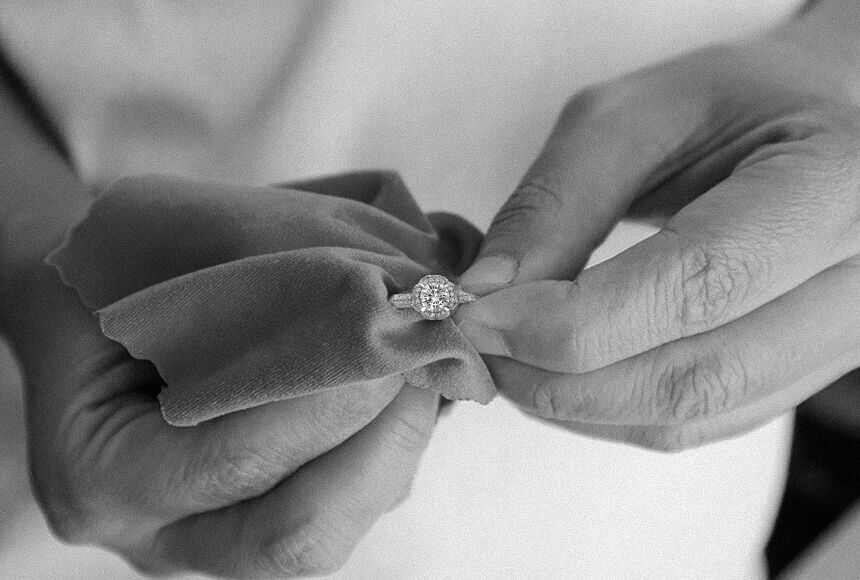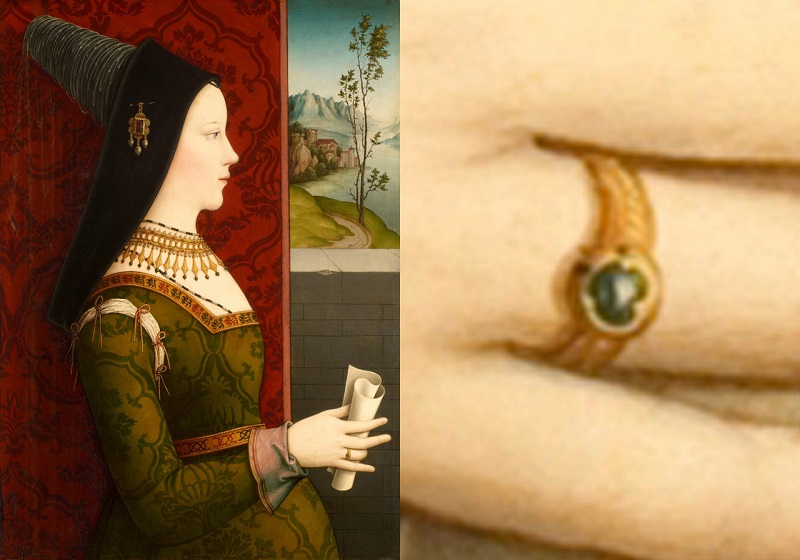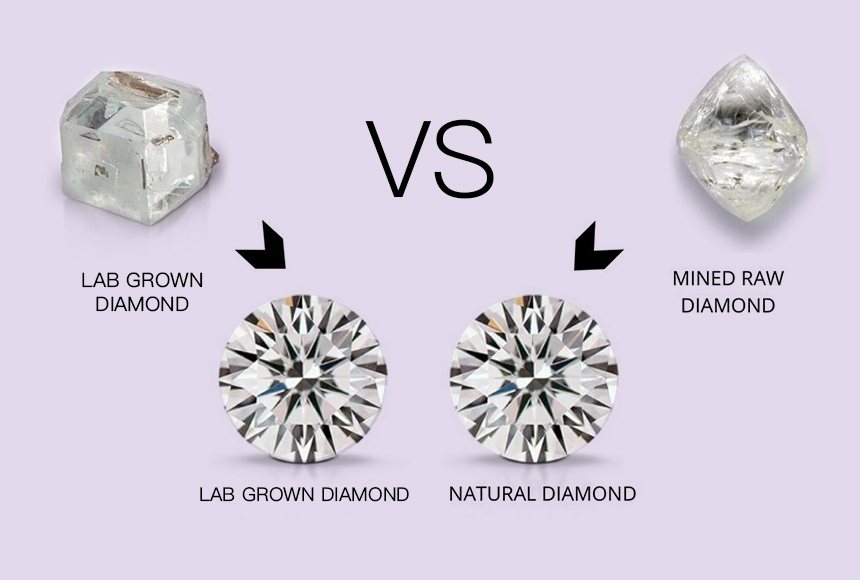What are Blood Diamonds? A Detailed Guide
Sep 27,2023
Diamonds are often celebrated as symbols of eternal love and luxury — a "girl's best friend." But beneath their dazzling surface lies a darker truth: blood diamonds.
What are blood diamonds? These stones, also defined by the United Nations as conflict diamonds, are mined in war zones and traded to fund violence, exploitation, and human suffering. They are a stark reminder of greed’s human cost. Unlike ethically sourced diamonds, conflict diamonds bypass legal and moral safeguards, financing rebel groups, child labor, and environmental devastation. Their trade has turned natural beauty into a tool of oppression.
In this article, we will dive into the definition of blood diamonds, their history, impact, and global response, helping you gain a comprehensive understanding of what they are and how to avoid them to find alternatives to blood diamonds. Please read on.
What is Blood Diamond Definition
By the blood diamond definition established by the United Nations in the 1990s, diamonds mined in regions controlled by armed groups opposing legitimate governments are blood diamonds. The profits from their sale fund wars, terrorism, and warlord activities — turning a symbol of love into a tool of violence.
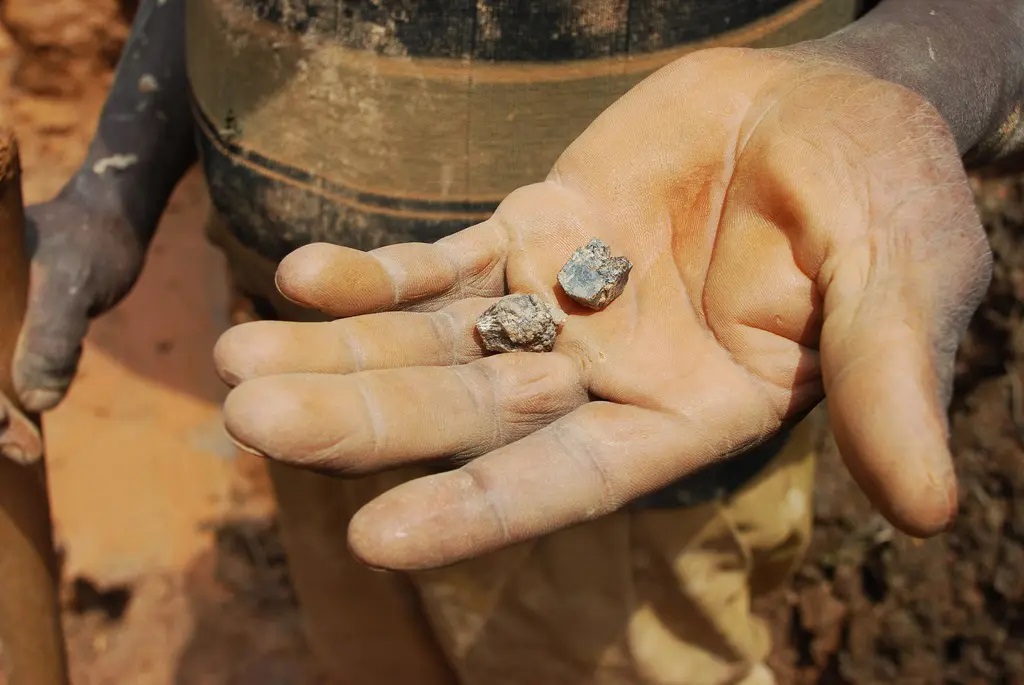
While the diamond's shape is physically identical to ethically sourced ones, they are extracted through brutal labor practices. Miners — often forced into dangerous, unregulated work — face violence, exploitation, and even death. These stones fuel conflicts in countries like Sierra Leone, Angola, and the Democratic Republic of the Congo, where decades of war have displaced millions and claimed countless lives. The question of "what are blood diamonds" reflects human suffering embedded in their origins: every carat represents stolen livelihoods, shattered families, and ecosystems ravaged by greed.
Why Blood Diamonds are Bad
The very definition of blood diamonds or conflict diamonds renders them unlawful because they are weapons of war. They fuel violence, destabilize nations, and leave lasting scars on people and the planet. Here's why conflict diamonds are bad and avoided:
1. Human Rights Abuses
Conflict diamonds thrive on systemic oppression. In regions like eastern Congo or Sierra Leone, miners — including children as young as 7 — are forced to work in open-pit mines or unstable tunnels for pennies a day. With no labor protections, accidents like collapses or chemical exposure are common. A 2023 Amnesty International report revealed that miners in some conflict zones work under armed supervision, facing beatings or imprisonment if they resist.
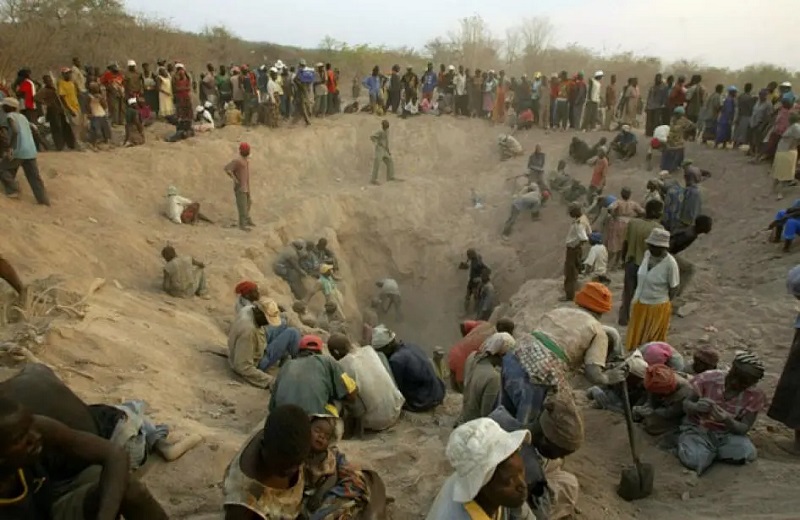
2. Environmental Destruction
Unlike ethically sourced diamonds, blood diamonds bypass environmental safeguards, leaving farmlands barren and water undrinkable for generations. Worse yet, to extract a single carat, miners displace tons of earth, poisoning rivers with mercury and cyanide. In Angola, illegal diamond operations have destroyed over 1,000 square miles of forest, disrupting ecosystems and displacing wildlife.

3. The Ripple Effect on Society
Conflict diamonds cripple education and healthcare. Children in mining regions rarely attend school—they're either laboring in pits or fleeing violence. In Liberia, diamond-rich areas have lower literacy rates than the national average. Meanwhile, diseases like cholera spread rapidly in overcrowded mining camps, with no medical infrastructure to save lives.
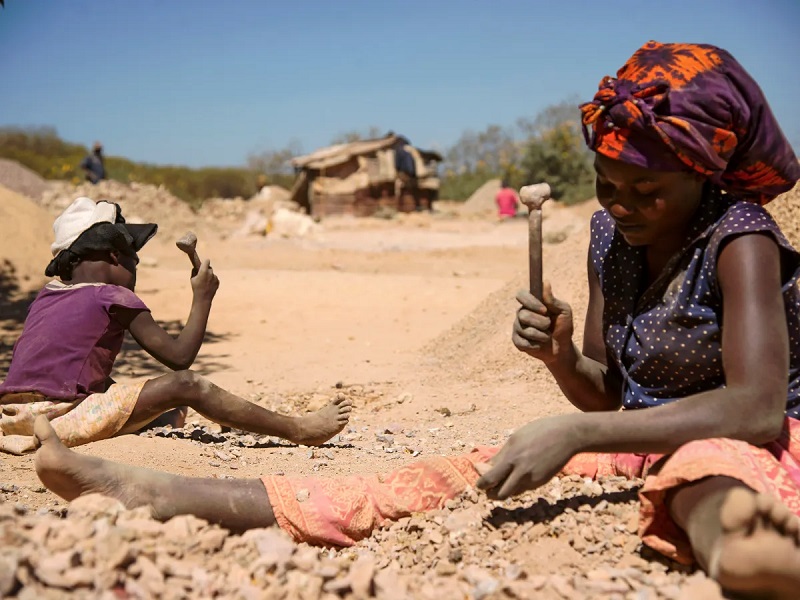
Blood Diamond History: Understanding the Roots
To fully grasp why conflict diamonds became a global crisis, their history must be learned — a story of greed, war, and the slow rise of accountability. Here's how the blood diamond definition evolved from a hidden tragedy to an international priority:
1990s: The Birth of Conflict Diamonds
In the mid-1990s, rebel groups in West Africa discovered a horrifying truth: diamonds could fund wars more effectively than taxes or foreign aid. In Sierra Leone, the Revolutionary United Front (RUF) seized control of diamond mines, trading gems for weapons to fuel a brutal civil war. Similar patterns emerged in Liberia and Angola, where warlords used "blood money" to arm child soldiers and terrorize civilians.
This marked the birth of the modern blood diamond definition — a gemstone stained by violence.
1991-2002: Sierra Leone's Decade of Horror
The Sierra Leone Civil War became synonymous with conflict diamonds. The RUF's reign of terror included mass amputations, forced labor, and the recruitment of thousands of child soldiers. By 1999, an estimated $125 million worth of diamonds were smuggled out annually, funding weapons that prolonged the war. Over 50,000 lives were lost, and millions fled their homes.
The world began asking: What are blood diamonds doing to innocent communities?
Late 1990s-2003: Global Awakening
By the late 1990s, investigative reports and NGOs like Global Witness exposed the link between diamonds and war. Public outrage peaked in 2000 when a UN panel revealed that 80% of Sierra Leone's diamonds were conflict-sourced. This led to the Kimberley Process Certification Scheme (KPCS) in 2003 — a system to certify "conflict-free diamonds" and block blood diamonds from global markets.
2006-Present: Progress and Gaps
The 2006 film Blood Diamond starring Leonardo DiCaprio thrust the issue into mainstream consciousness, pushing consumers to demand transparency. By 2009, conflict diamonds dropped to 0.4% of global trade — but loopholes remain. Critics argue KPCS fails to address human rights abuses in "certified" mines and many blood diamonds are still smuggled to the market.
Global Response: How the World Fights Blood Diamonds
The concept of what blood diamonds are has spurred international efforts to dismantle their trade. At the heart of this battle is the Kimberley Process Certification Scheme, while other global initiatives and advocacy efforts continue to strengthen regulations and raise consumer awareness.
The Kimberley Process: A Landmark Initiative
Launched in 2003 after UN approval, the KPCS unites governments, NGOs, and the diamond industry to block conflict diamonds from entering legal markets. Key rules include:
● Certification Requirement: Every rough diamond shipment must carry a KP certificate with details like origin, weight, and exporter/importer identities.
● Participant Accountability: 85 countries (as of 2023) commit to banning trade with non-compliant nations.
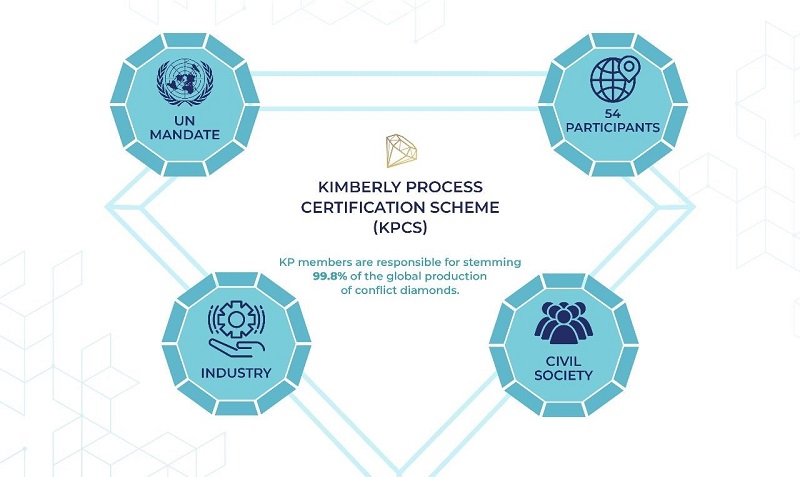
United Nations Sanctions
The UN Security Council has imposed targeted diamond embargoes since the 1990s. For example:
● Resolution 1459 (2003): Endorsed the KPCS, urging member states to adopt its standards.
● Central African Republic (CAR) Ban: In 2013, the UN banned CAR diamond exports after rebels seized mines, a measure partially lifted in 2016 with KP oversight (UN Reports).
Industry & Consumer-Led Efforts
● Industry Accountability: The Responsible Jewellery Council (RJC), representing 1,500+ companies, enforces ethical standards beyond KPCS, including labor rights and environmental protection. Brands like Tiffany & Co. now publish diamond provenance maps to ensure conflict-free diamonds.
● Consumer-Driven Change: Campaigns like #NoBloodDiamonds and lab-grown diamond brands (e.g., Brilliant Earth) have shifted demand. A 2021 McKinsey study found that 70% of millennials prioritize ethically sourced gems.
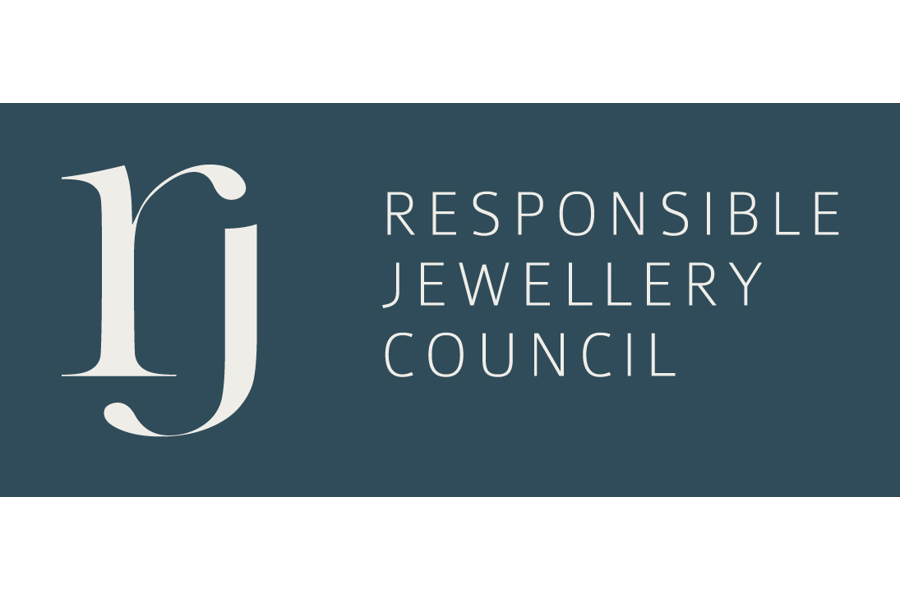
Best Alternative: Conflict-Free Diamonds
Blood diamond definition is associated with violence and human suffering, making them neither recommended nor legal to purchase. Ethically sourced diamonds from Darry Ring, however, offer a responsible alternative, allowing you to choose a symbol of love without compromise. Lab-created diamonds are also available as an ethical and beautiful choice.
Darry Ring Diamonds
Darry Ring is more than just a jewelry brand. It is also a true love brand dedicated to the promise of "Buy for One Person in a Lifetime". With each piece, from engagement rings, wedding rings to earrings, necklaces, and bracelets, Darry Ring celebrates the values of love, truth, and beauty. Every item is crafted with carefully selected conflict-free and real diamonds, often certified by NGTC, GIA, or IGI, ensuring a lasting symbol of commitment and elegance.
Meanwhile, Darry Ring is known for innovative designs and high-quality diamond cut craftsmanship. Its concentric cut can reshape another heart within a well-cut heart-shaped diamond, echoing the connection between lovers. The exclusive Star cut, with 42 additional facets compared to the traditional round brilliant cut, makes the diamond even more impressive. Even better, Darry Ring D and Just You diamond series both have patent certifications, and the former has even won the MUSE, FDA, and IDA awards.
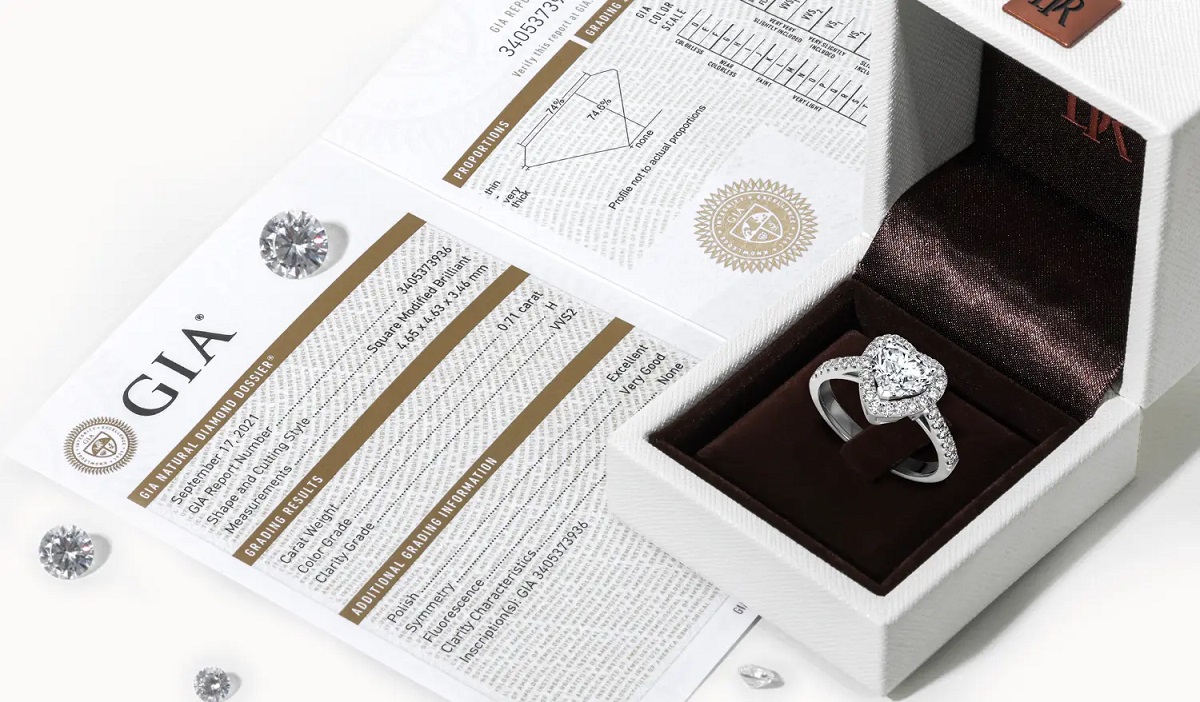
Lab-grown Diamonds
By comparsion, lab-grown diamonds and natural diamonds have the same physical, chemical and optical properties. They are created in a controlled laboratory environment using advanced technology, which is totally different from what blood diamonds are.
Therefore, lab-created diamonds are conflict-free and ethically sourced diamonds, and they eliminate human rights abuses, child labor, and environmental damage that can occur in the mining of blood diamonds. Moreover, they allow consumers to verify the origin and authenticity of the diamonds, playing a significant role in combating the trade in conflict diamonds.
By the way, Darry Ring also offers a small selection of lab-grown diamonds, all of which meet these specifics and come with IGI and NGTC certificates.
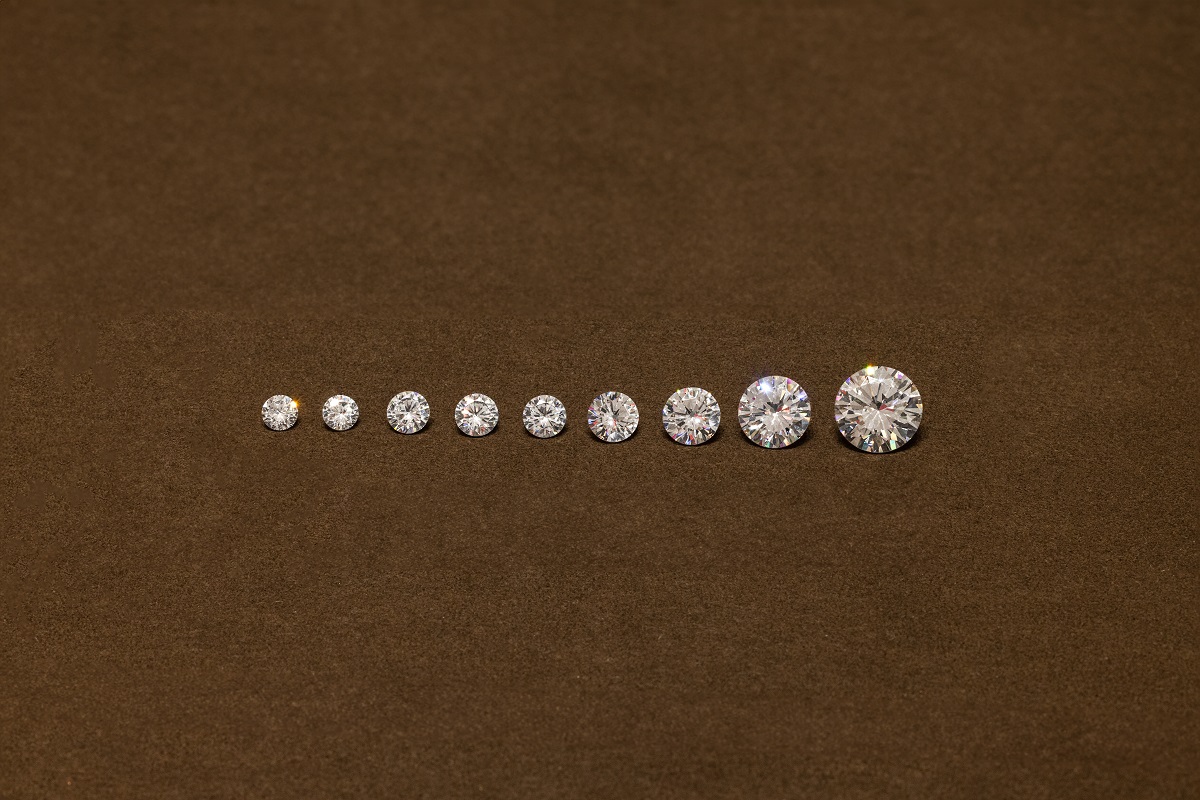
FAQs About What are Blood Diamonds
Do blood diamonds still exist?
Yes, blood diamonds still exist. Despite the efforts of the Kimberley Process, some diamonds still find their way into the legitimate supply chain through illegal means. Smuggling routes, corruption, and lack of transparency in the diamond industry make it difficult to completely eradicate the trade of blood diamonds.
How to avoid conflict diamonds?
The main way to avoid conflict diamonds is to figure out what blood diamonds are first and ensure that the diamonds you purchase come from legal and certified sources. Here are some practical tips:
Choose Reputable Brands: When buying diamonds, opt for large jewelry retailers like Darry Ring and Tiffany. They all provide clear proof of the legitimate sourcing of their diamonds;
Request Diamond Certificate: The KPCS has flaws and cannot fully guarantee the legality of a diamond. It is recommended to ask for certification info from institutions like GIA when purchasing;
Ask for Diamond Details: Inquire about the diamond's origin, including the mine and its every step of the supply chain. This can help you avoid conflict diamonds.
Select Lab-created Diamonds: Lab-grown diamonds are scientifically created diamonds that are essentially identical to natural diamonds, but without the ethical concerns.



